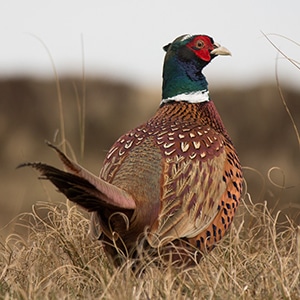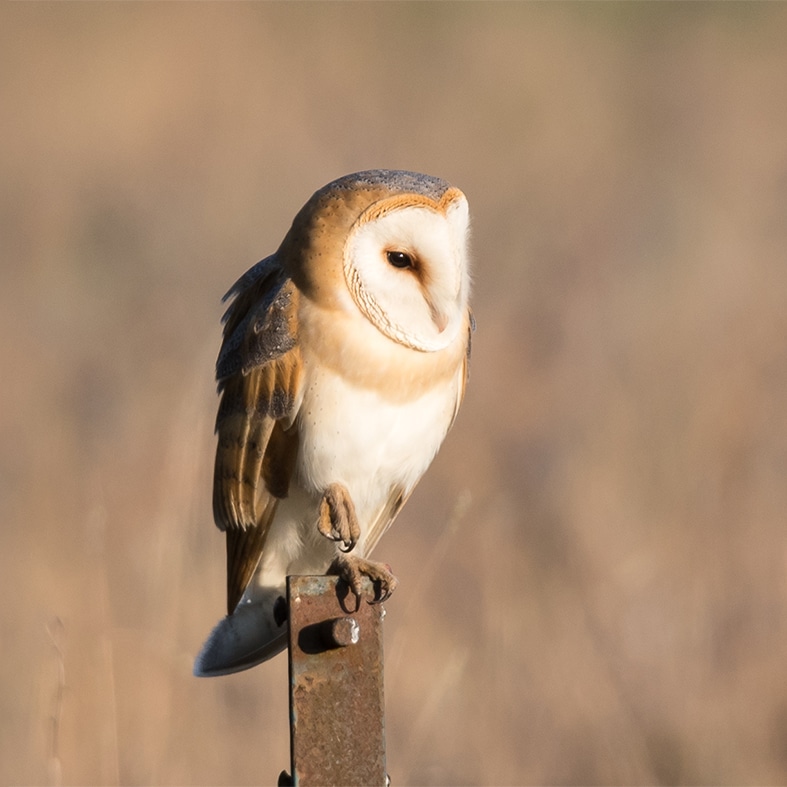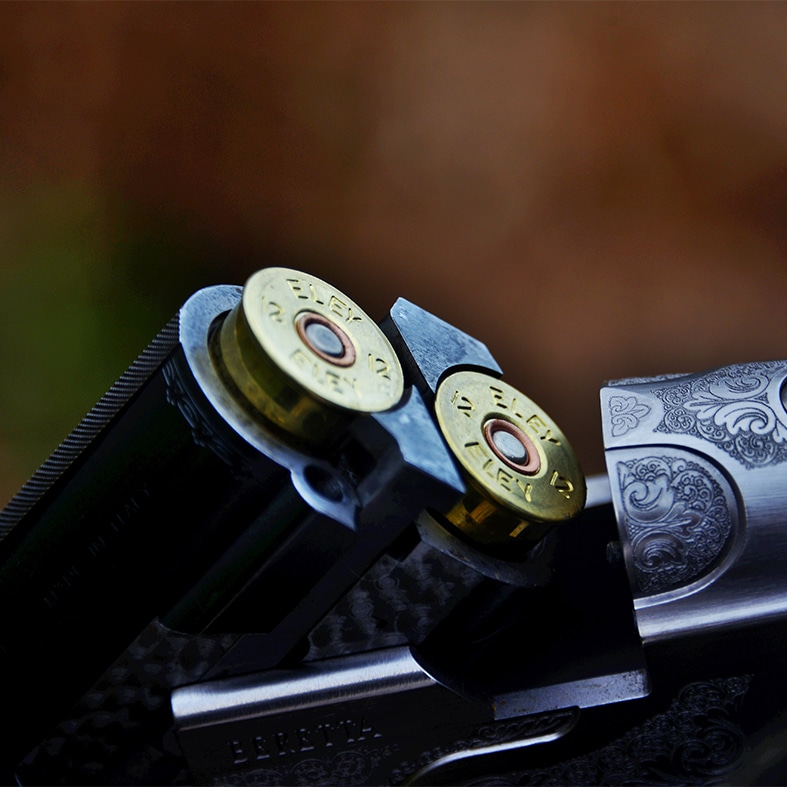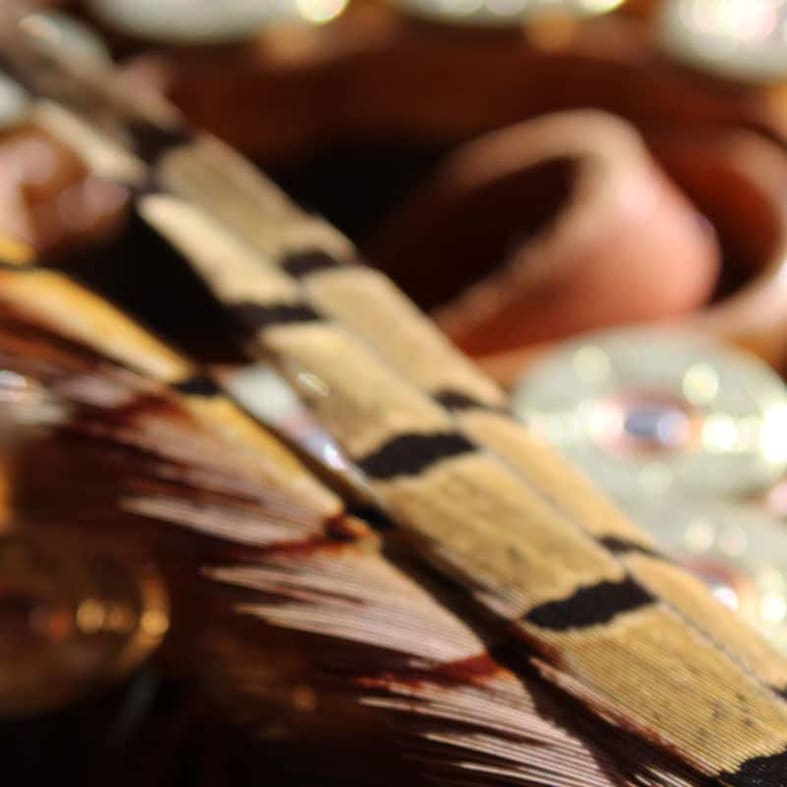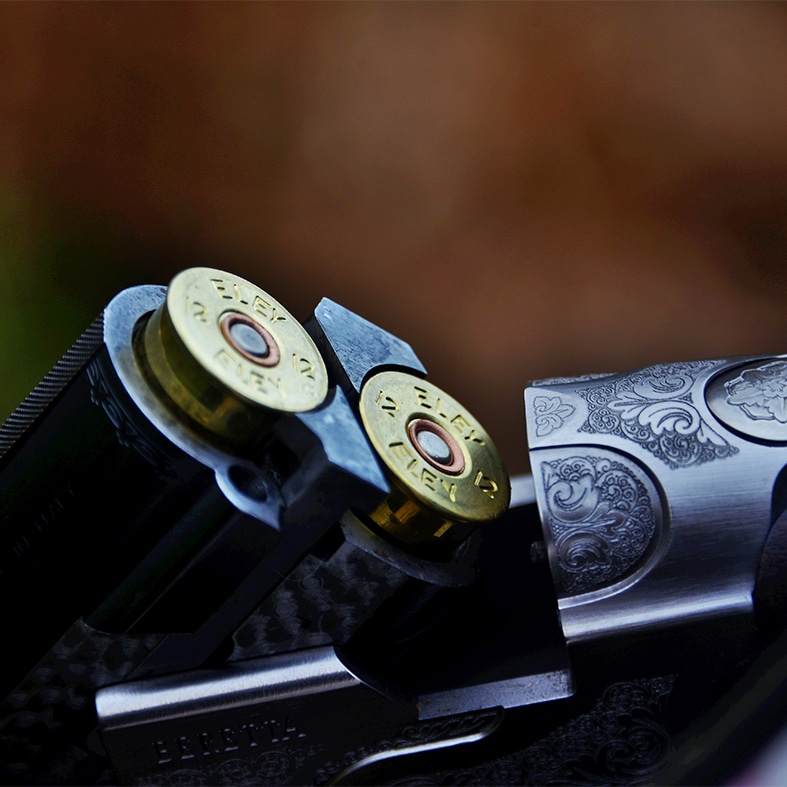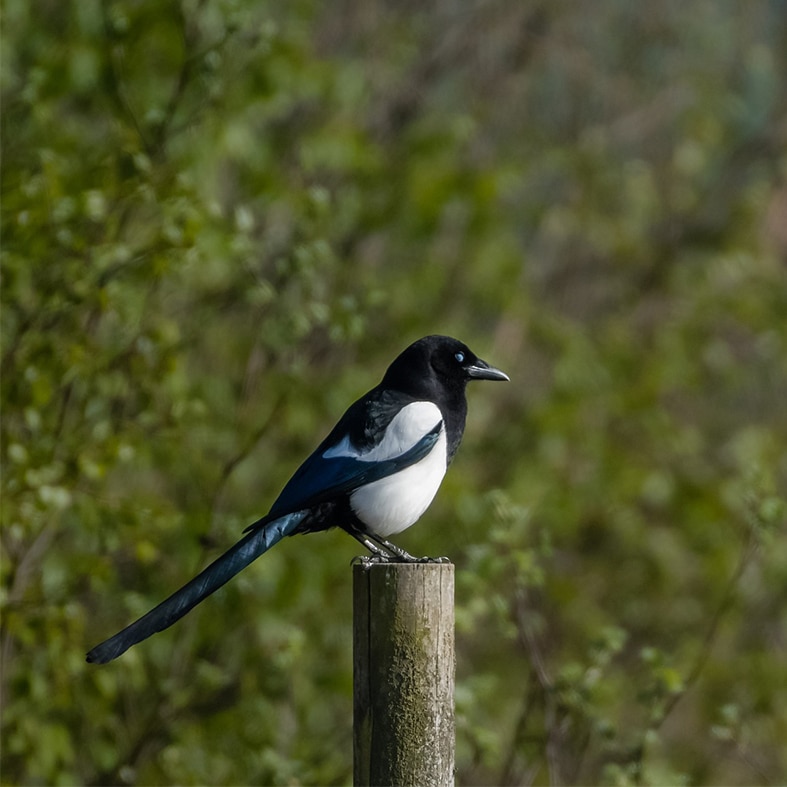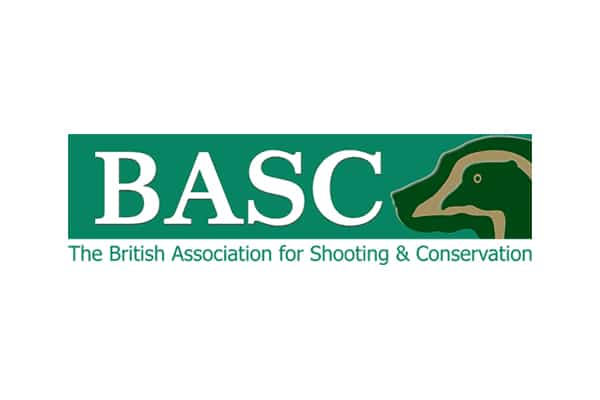

- - Features
- - Features
Where next for general licences in the UK?
2019 will long be remembered as the year of the general licence saga. The snap decision by Natural England to revoke the licences with only 48 hours’ notice in April set in motion a host of meetings, consultations and reviews. In response, BASC had to deal with over 10,000 additional membership enquiries and even bought in volunteers to help cover the phones.
The strength of response from the shooting, conservation, farming, pest control industries and general licence users has been immense. However, confusion from users and delays from government agencies exaggerated the issue. As we come closer to the end of the year; what has changed and what is the current state of play?
England
Defra’s second consultation on general licences closed on 5 December. It is expected that the findings will form the bed-rock of a new set of licences due to be implemented at the end of February 2020 when the temporary licences expire.
BASC called on all members and the wider shooting community to respond. In addition, the Association submitted a response detailing the known scientific evidence, and where there were missing gaps highlighting the importance of practical experience.
BASC’s submission raised a disagreement on the concept of buffers around protected sites such as SSSI’s, but the inclusion of the ruddy duck, raven, Indian house crow and ring-necked parakeet on the licences.
BASC is attending workshops organised by Defra to explore issues of concerns which are wider than the questions raised in the consultation. But, due to the General Election and Government purdah these have been postponed to the New Year. This causes considerable concern as there will be inadequate time to consider the issues raised at these workshops in time for the new licences in 2020, hence BASC has asked for a 12 month extension to ensure a fit for purpose licence.
Wales
Natural Resources Wales (NRW) stuck by their original licences and took forward an initial review in June.
BASC, through a member survey, played a central role in submitting practical evidence alongside the scientific data. The review included several round table discussions leading to a new set of licences being implemented on 7 October in Wales.
As an organisation, BASC strongly condemned the new licences as “irresponsible”. Both the NRW process and the new conditions placed on the licences continue to cause users issues. A second longer consultation is in the pipeline towards the end of 2020 but, in the meantime BASC has advised members “to use the licences or risk losing them” altogether.
Scotland
While Natural England revoked their licences with immediate effect in April, Scottish Natural Heritage (SNH) maintained their current set and launched a full review and consultation in July.
BASC composed a member survey that helped inform a robust response highlighting the practical knowledge of over 1,100 members who live and/or shoot in Scotland. The response gave a detailed account of the reasons for, and extent of, controlling the species currently listed on the licences.
The new set of general licences are planned to be introduced at the start of next year. Make sure you keep visiting the BASC website for information on the changes taking effect.
Northern Ireland
The general licences in Northern Ireland were renewed unchanged on 11th September and will run until 10th September 2020.
What does the future hold?
The fear of leaving the door open to a crowdfunded court challenge has forced these four government agencies into significantly tightening up their licensing systems. By removing any potential grey areas within the licences, they have applied conditions that in principle are unworkable and not fit for purpose.
It is essential that the different sectors using the licences come together to ensure government agencies understand what is required of the licences to make them workable. The practical knowledge and experience on the ground should be treated on par with the known scientific evidence. The general licence principle is a fantastic tool to deal with problem species effectively and quickly.
There will not be many that would disagree that the licences needed to be cleaned up and updated. The end-product might see fewer species on the general licence. For example, if a species were to be downgraded to amber listing for conservation concern then there is a rightful call for it to be removed from the general licence. However, by looking individually at species’ trends and their ability to do damage, we may see increased calls to add species to the lists taking raven as an example.
While in the short term the licensing system will continue to look and act like it did, the small changes will result in users having to pay closer attention to the conditions. You can no longer rely on the adage of “well it is what I have always done”.
Share
BASC Press team


Defra ready to fight Wild Justice in the courts
In a move supported by BASC, Defra has confirmed that it will contest Wild Justice’s latest legal challenge relating to the general licence GL42.
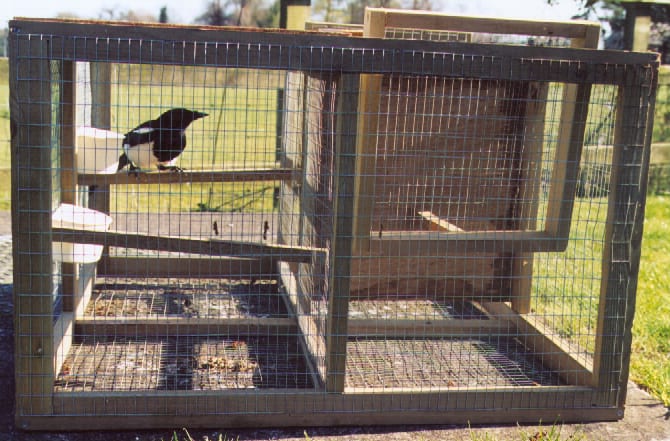
General licence restrictions in Scotland could affect innocent land managers
A proposal to consider excluding the use of general licences over some areas of land in Scotland has been challenged by the UK’s largest shooting organisation, the British Association for Shooting and Conservation (BASC). BASC is concerned that this could penalise innocent land managers and affect their livelihoods.
